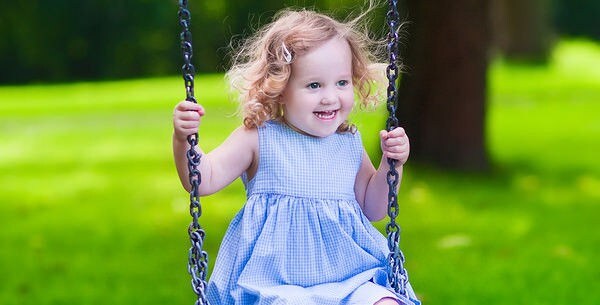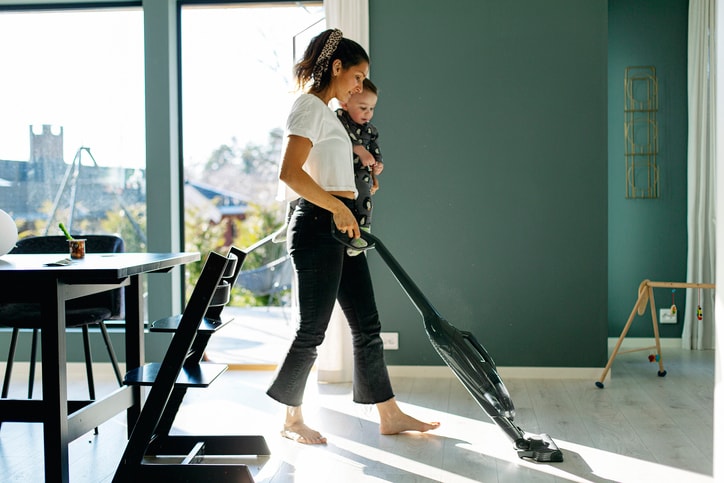In the blink of an eye, your baby has gone from rolling over and sitting up to walking, running and exploring her boundaries. Over the next year, your little one will master many 2-year-old milestones. Before you light three candles on your child’s birthday cake, she will refine her walking motion, draw some pretty pictures and climb everything. Get ready for some serious interactive play to help your little one develop these vital physical skills.
And read
our guide to developmental milestones for kids
.
Get Up, Move and Create
According to the American Academy of Pediatrics (AAP), your little one will transition from a wobbly walk into a more confident (and more grown-up) heel-toe step. She can multitask while moving from place to place, and may talk or use her hands as she walks. The year-long energy spurt that occurs at this stage means that she’ll have plenty of pep in her step as she perfects getting around on her own two feet. She may even only need one, at times — your tot can balance on one leg with a little assistance from you or the wall.
As your little one uses her entire body to accomplish these gross motor skills, you can also count on your 2-year-old becoming adept at climbing and taking advantage of this skill to scale bookshelves, climb on furniture and sit herself in a chair. You can thank her increasing ability to use several body parts at once for these 2-year-old milestones, but as pediatrician Dr. John Barbe recommends, it’s vital that parents pay attention to safety issues at this stage. Though you should always keep a close eye on your tot, don’t forget to add baby gates to stairs and attach bookshelves and dressers to walls to keep your little one from pulling them down if she does start to climb.
Along with your little one’s busy body, she’ll be using her hands more, too. Your child’s ability to draw you a picture is thanks to her improving fine motor skills, notes the AAP. Drawing with a crayon, finger-painting and opening a jar are among the most impressive fine motor skills that your 2-year-old will tackle before she turns 3. She’s developing these fine motor skills, which require the use of one or two body parts at a time rather than the whole body, thanks to her improved hand-eye coordination.

How to Encourage Physical Development
Play is the name of the game when it comes to helping your child reach key 2-year-old milestones. When children play, they are learning a great deal about the world. In fact, Dr. Barbe and pediatrician Dr. Jeremy F. Shapiro both recommend that parents get involved with their child’s play. Get down on the floor with your little one and drive cars, play with blocks or roll a ball back and forth.
For more activities perfect for busy toddlers, check out these fun activities to do with toddlers.
Dr. Barbe also recommends that you let your little one play outside whenever possible. Head to the playground and push your child on the swing, go down the slide together or navigate the ladders. Try going on a nature walk to collect rocks and pinecones. As the AAP points out, outdoor play is usually safer for kids (since there’s less to bump into), and it’s easier on your house and furniture, too. All of these movements help your tot refine and control her motions and can aid her as she tackles these milestones.
Remember that all children develop at different rates, and in most cases, your child is perfectly fine. Trust your parental instincts, recommends Dr. Shapiro, and remember there is a wide range of “normal” for these milestones. Children follow their own pattern of development and will likely catch up to their peers, but he recommends that you stay in close contact with your child’s pediatrician and don’t be afraid to ask a lot of questions.
And check out this Overview of Milestones From 24 Months to 3 Years.
* This article is for general informational purposes only. It is not intended nor implied to be providing medical advice and is not a substitute for such advice. The reader should always consult a health care provider concerning any medical condition or treatment plan. Neither Care.com nor the author assumes any responsibility or liability with respect to use of any information contained herein.


